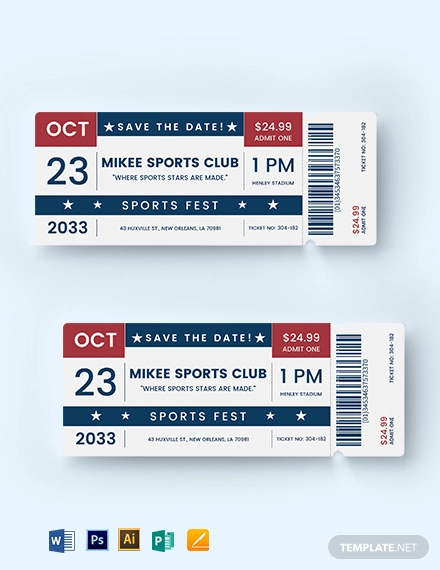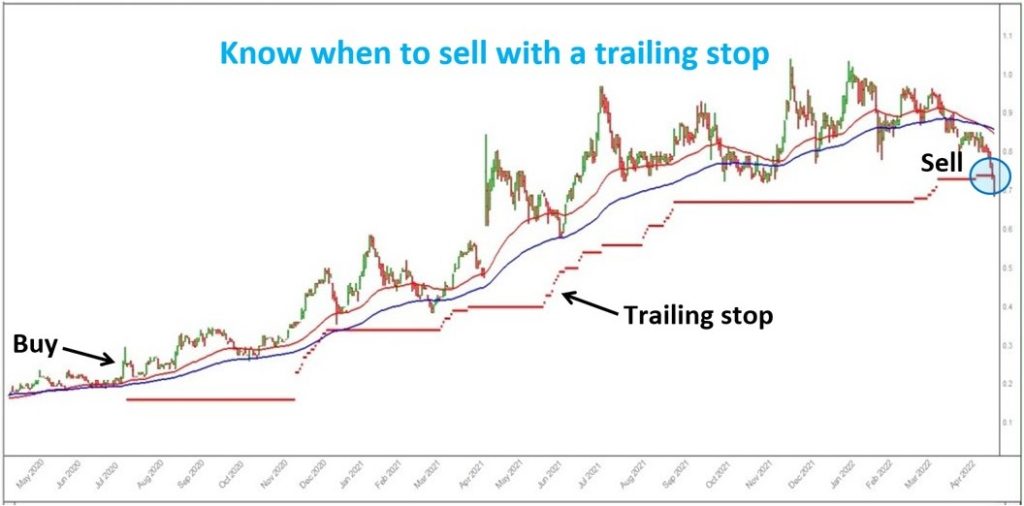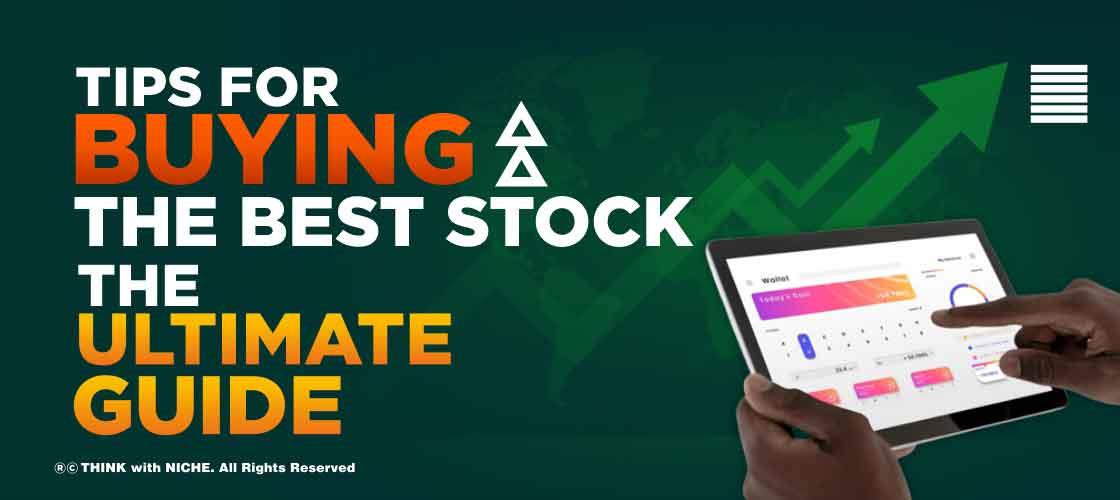Understanding the Sports Ticket Market: A Primer
The sports ticket market is a complex and dynamic entity, influenced by a multitude of factors that can cause ticket prices to fluctuate greatly. Team performance, opponent, and time of year are just a few of the key elements that can impact ticket demand and, subsequently, prices. For instance, tickets for a game between two top-ranked teams during playoffs can command a premium price, while a matchup between two struggling teams during the regular season may result in lower demand and prices.
Additionally, the sports ticket market is subject to external factors such as weather, holidays, and special events, which can also impact ticket sales. For example, a game scheduled on a weekday during rush hour may experience lower demand due to the inconvenience of attending, while a game on a weekend or during a holiday weekend may see increased demand.
Furthermore, the rise of secondary ticketing platforms has transformed the way tickets are bought and sold. These platforms provide a convenient and accessible way for fans to purchase tickets, but they also create a competitive market where prices can fluctuate rapidly. As a result, understanding the sports ticket market and its intricacies is crucial for anyone looking to buy or sell tickets, particularly those seeking to maximize their profits.
For sellers, identifying the best time to sell sports tickets is critical to securing the highest possible price. By analyzing market trends, team performance, and external factors, sellers can make informed decisions about when to list their tickets and at what price. This knowledge can help sellers navigate the complex sports ticket market and increase their chances of selling their tickets for a profit.
In the next section, we will explore the importance of identifying peak demand periods for sports tickets and provide tips on how to research and analyze ticket sales data to determine the best time to sell.
Identifying Peak Demand: How to Time Your Ticket Sales for Maximum Profit
Timing is everything when it comes to selling sports tickets. Identifying peak demand periods is crucial to maximizing profits. Peak demand periods typically occur during playoffs, championships, or when popular teams are in town. For example, tickets for a game between two top-ranked teams during the playoffs can command a premium price, while a matchup between two struggling teams during the regular season may result in lower demand and prices.
To determine the best time to sell sports tickets, it’s essential to research and analyze ticket sales data. This can be done by monitoring ticket sales trends on secondary ticketing platforms, such as StubHub or Vivid Seats. By analyzing data on ticket sales, prices, and demand, sellers can identify patterns and trends that can inform their sales strategies.
Additionally, sellers can use tools such as Google Trends or social media to gauge interest in upcoming games. By monitoring search volume and social media buzz, sellers can get a sense of which games are generating the most interest and adjust their pricing and sales strategies accordingly.
Another key factor to consider is the opponent. Games against popular teams or rivals tend to generate more interest and demand, resulting in higher ticket prices. For example, a game between the New York Yankees and the Boston Red Sox is likely to generate more interest and demand than a game between two lesser-known teams.
By identifying peak demand periods and adjusting sales strategies accordingly, sellers can maximize their profits and get the best return on their investment. In the next section, we will explore the impact of scheduling on ticket sales and provide advice on how to adjust ticket pricing and sales strategies accordingly.
The Impact of Scheduling on Ticket Sales: A Closer Look
Scheduling plays a significant role in determining ticket sales, and understanding its impact is crucial to maximizing profits. Weekday games, for instance, tend to have lower demand and prices compared to weekend games. This is because weekday games often conflict with work and school schedules, making it more challenging for fans to attend.
Games during holidays or special events, on the other hand, can experience increased demand and prices. For example, a game on New Year’s Eve or during a holiday weekend can attract more fans, resulting in higher ticket prices. Additionally, games that coincide with special events, such as concerts or festivals, can also drive up demand and prices.
It’s essential to adjust ticket pricing and sales strategies according to the scheduling of games. For instance, sellers can offer discounts or promotions for weekday games to incentivize sales. Conversely, sellers can increase prices for games during holidays or special events to capitalize on the increased demand.
Another factor to consider is the timing of games within a season. Games early in the season may have lower demand and prices, while games later in the season, especially those with playoff implications, can experience higher demand and prices. By understanding the impact of scheduling on ticket sales, sellers can make informed decisions about pricing and sales strategies to maximize their profits.
For example, a seller who has tickets to a weekday game between two struggling teams may consider offering a discount to attract buyers. On the other hand, a seller who has tickets to a weekend game between two top-ranked teams may increase prices to capitalize on the high demand. By adjusting pricing and sales strategies according to the scheduling of games, sellers can optimize their profits and get the best return on their investment.
How to Monitor and Adapt to Market Trends
Staying up-to-date with market trends is crucial to maximizing profits when selling sports tickets. By monitoring ticket sales data, competitor pricing, and market fluctuations, sellers can make informed decisions about pricing and sales strategies. This involves tracking ticket sales data on secondary ticketing platforms, such as StubHub or Vivid Seats, to identify patterns and trends.
Additionally, sellers should monitor competitor pricing to ensure their tickets are competitively priced. This can be done by tracking prices on ticketing platforms, as well as by monitoring prices on social media and online forums. By staying informed about market trends and competitor pricing, sellers can adjust their pricing and sales strategies to maximize their profits.
Another key aspect of monitoring market trends is to stay informed about team performance, injuries, and other factors that can impact ticket demand. For example, if a team is on a winning streak, ticket demand may increase, resulting in higher prices. Conversely, if a team is struggling, ticket demand may decrease, resulting in lower prices.
By staying informed about market trends and adjusting pricing and sales strategies accordingly, sellers can maximize their profits and get the best return on their investment. This involves being proactive and adaptable, and being willing to adjust pricing and sales strategies as market conditions change.
For example, a seller who has tickets to a game between two top-ranked teams may increase prices if the teams are on a winning streak and ticket demand is high. Conversely, a seller who has tickets to a game between two struggling teams may decrease prices if ticket demand is low. By monitoring market trends and adjusting pricing and sales strategies accordingly, sellers can optimize their profits and get the best return on their investment.
The Role of Ticketing Platforms and Tools in Maximizing Sales
Ticketing platforms and tools play a crucial role in maximizing sales for sports ticket sellers. These platforms provide a convenient and accessible way for sellers to reach a wider audience, set competitive prices, and streamline the sales process. Some of the most popular ticketing platforms and tools include StubHub, Vivid Seats, and Ticketmaster.
StubHub, for example, is one of the largest ticket marketplaces in the world, with millions of tickets listed for sale every day. By listing tickets on StubHub, sellers can reach a vast audience of potential buyers and increase their chances of selling their tickets quickly and at a good price.
Vivid Seats is another popular ticketing platform that allows sellers to list their tickets for sale and connect with buyers from all over the world. Vivid Seats also offers a range of tools and features to help sellers manage their listings and maximize their sales.
Ticketmaster is a well-established ticketing platform that allows sellers to list their tickets for sale and connect with buyers through its website and mobile app. Ticketmaster also offers a range of tools and features to help sellers manage their listings and maximize their sales.
In addition to these platforms, there are also a range of other tools and services available to help sports ticket sellers maximize their sales. For example, ticket pricing tools can help sellers determine the best price for their tickets based on market demand and other factors. Ticket listing tools can help sellers create effective listings that showcase their tickets and attract buyers.
By using these platforms and tools, sports ticket sellers can maximize their sales and get the best return on their investment. Whether you’re a seasoned seller or just starting out, there are a range of options available to help you succeed in the sports ticket market.
Strategies for Pricing and Listing Tickets for Maximum Visibility
When it comes to pricing and listing tickets for maximum visibility, there are several strategies that sellers can use to increase their chances of selling their tickets quickly and at a good price. One of the most important things to consider is the title and description of the listing. The title should be clear and concise, and should include relevant keywords that buyers might use when searching for tickets.
For example, if you are selling tickets to a baseball game, your title might include the name of the teams playing, the date and time of the game, and the location of the stadium. Your description should also include this information, as well as any other relevant details that might be of interest to buyers, such as the seat location and the availability of parking.
Another important consideration is the use of relevant keywords. By including keywords that buyers might use when searching for tickets, you can increase the visibility of your listing and attract more buyers. Some examples of relevant keywords might include the name of the teams playing, the name of the stadium, and the date and time of the game.
In addition to using relevant keywords, sellers can also use other strategies to increase the visibility of their listings. For example, they can use high-quality images of the tickets and the stadium, and they can offer discounts or promotions to attract more buyers.
By using these strategies, sellers can increase the visibility of their listings and attract more buyers. This can help them to sell their tickets quickly and at a good price, and can also help them to build a positive reputation as a seller.
Some popular keywords that can be used to increase the visibility of ticket listings include “best time to sell sports tickets”, “sports ticket resale”, “ticket pricing strategies”, and “how to sell sports tickets online”. By including these keywords in the title and description of the listing, sellers can attract more buyers and increase their chances of selling their tickets quickly and at a good price.
Navigating the World of Ticket Resale Regulations
The world of ticket resale is subject to various regulations and laws, both at the local and national level. These regulations can vary greatly depending on the jurisdiction, and it’s essential for sellers to understand the rules and restrictions that apply to their area.
In the United States, for example, the ticket resale market is regulated by the Federal Trade Commission (FTC) and the National Association of Ticket Brokers (NATB). The FTC requires ticket sellers to disclose certain information to buyers, such as the face value of the ticket and any additional fees.
The NATB, on the other hand, is a trade association that represents the interests of ticket brokers and resellers. The organization provides guidance on best practices for ticket resale and helps to promote a fair and transparent market.
At the local level, regulations can vary greatly depending on the jurisdiction. Some cities and states have laws that restrict or prohibit ticket resale, while others have laws that regulate the practice. For example, some cities may require ticket sellers to obtain a license or permit before selling tickets, while others may have laws that restrict the amount of markup that can be charged.
It’s essential for sellers to understand the regulations and laws that apply to their area and to ensure compliance. Failure to comply with regulations can result in fines, penalties, and even lawsuits.
To ensure compliance, sellers should research the regulations and laws that apply to their area and take steps to ensure that they are meeting all requirements. This may include obtaining necessary licenses or permits, disclosing required information to buyers, and following best practices for ticket resale.
By understanding the regulations and laws surrounding ticket resale, sellers can avoid potential pitfalls and ensure a successful and profitable transaction.
Putting it All Together: A Step-by-Step Guide to Selling Sports Tickets for Profit
Now that we’ve covered the key factors to consider when selling sports tickets, let’s put it all together with a step-by-step guide on how to sell sports tickets for maximum profit.
Step 1: Research the Market – Start by researching the market demand for the tickets you want to sell. Use tools like Google Trends and social media to gauge interest in the event and identify peak demand periods.
Step 2: Determine the Best Time to Sell – Based on your research, determine the best time to sell your tickets. Consider factors like team performance, opponent, and time of year to maximize your profits.
Step 3: Price Your Tickets Competitively – Use ticket pricing tools to determine the optimal price for your tickets. Consider factors like face value, demand, and competition to set a competitive price.
Step 4: List Your Tickets Effectively – Use relevant keywords and descriptions to list your tickets effectively. Make sure to include all necessary information, such as seat location and availability.
Step 5: Monitor and Adapt to Market Trends – Keep an eye on market trends and adjust your pricing and sales strategies accordingly. Use data-driven decisions to maximize your profits.
Step 6: Ensure Compliance with Regulations – Make sure to comply with all local and national regulations surrounding ticket resale. Avoid potential pitfalls by following best practices and ensuring transparency.
By following these steps, you can maximize your profits when selling sports tickets. Remember to stay up-to-date with market trends and adjust your strategies accordingly to ensure long-term success.
With the right research, pricing, and listing strategies, you can sell your sports tickets for maximum profit and achieve your financial goals. Whether you’re a seasoned seller or just starting out, this guide provides the essential information you need to succeed in the sports ticket market.





